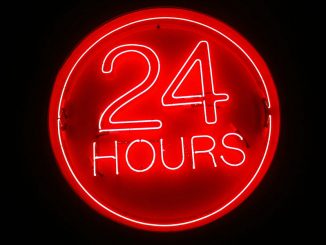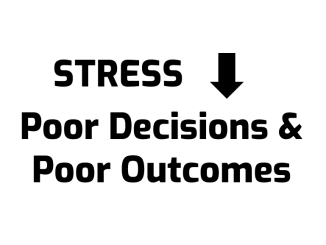Learning a new set of skills can open up a whole new world to us, but it does take time.
To master something you need to work at it for 10,000 hours. Many people believe that, and there’s certainly some truth in that way of thinking.
If you want to be a golf champion, a surgeon, or a physicist, then a singular focus toward achieving that primary expertise is required.
In my experience though, I know that as a counsellor I have amassed around that many hours working with clients. Have I mastered it? In some ways yes, in some ways no (there’s always more to learn).
But these are professional pursuits, what about learning better communication and personal development skills?
Maybe the 20-Hour Rule works here?
I don’t expect my clients to commit 10,000 hours to achieve what they want to achieve in therapy. But maybe 20 hours gets you to a much better place?
Author Josh Kaufman believes committing to the first 20 hours of trying to master a new skill is vital.
He says instead of focussing on expert-level mastery, we should just look for the sweet spot where we jump from being a clueless beginner to a competent enthusiast.
And that sweet spot is the magic number of 20 hours.
Kaufman’s four-step recipe for rapid skill acquisition
- Deconstruct the Skill: Break down the skill into its core components. What are the essential building blocks you need to master? Prioritize these elements to maximize your practice efficiency.
- Learn Enough to Self-Correct: Gather resources like books, videos, or courses, but use them as springboards for active practice, not procrastination. Learn just enough to identify your mistakes and refine your technique through self-correction.
- Remove Barriers to Practice: Identify distractions like TV and the internet, and implement strategies to minimize their interference. The more you remove these roadblocks, the easier it is to sit down and practice effectively.
- Commit to 20 Hours: The biggest hurdle is often emotional – the fear of being vulnerable during the initial learning phase. Committing to 20 hours upfront helps you overcome this barrier and persevere through the initial awkwardness.
Learning the ukelele
As I highlighted last week, Alain de Botton says we need to be patient with therapy because it is like learning a new language and we certainly would be patient with ourselves if we were embarking on being able to speak Italian!
Josh Kaufman put this perspective into operation to prove the point about the 20-hour rule, he embarked on a personal challenge of learning the ukulele in just 20 hours.
He deconstructed the basics, learned enough chords to play simple songs, and ruthlessly eliminated distractions. The result? By the end of his 20-hour journey, he was confidently strumming a medley of pop tunes.
The 20-Hour Rule applies across a range of skills with the key being focused practice, efficient learning, and overcoming the initial emotional hurdle.
20-Hour Rule in therapy?
If you were to commit twenty hours with me (determined by your individual needs) you would potentially learn what your triggers are, and your schemas, you would have a good idea of the different aspects of your communication style, you would be able to emotionally validate yourself and others, and be more in touch with your own needs.
Imagine how different life could be if you reached that level of competent enthusiast in the field of personal development and relationships!



